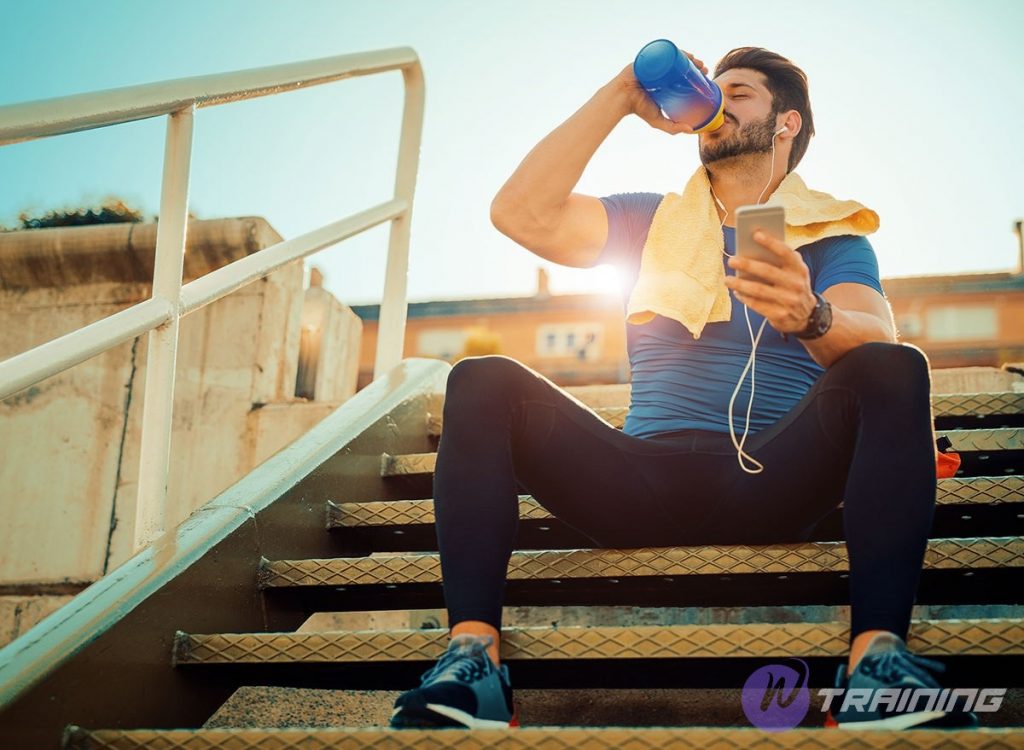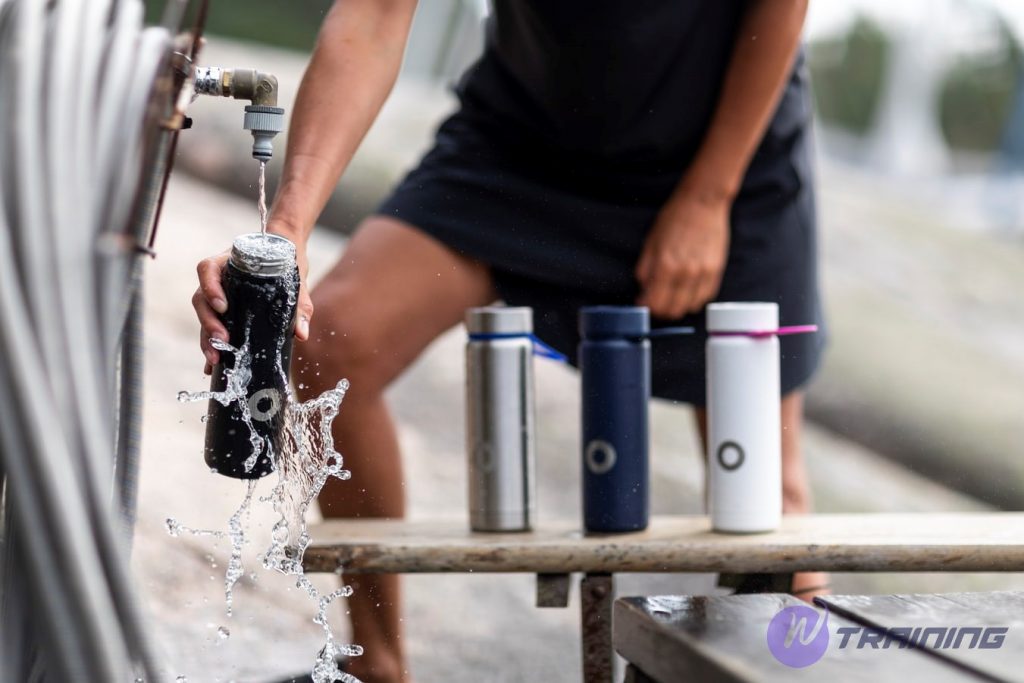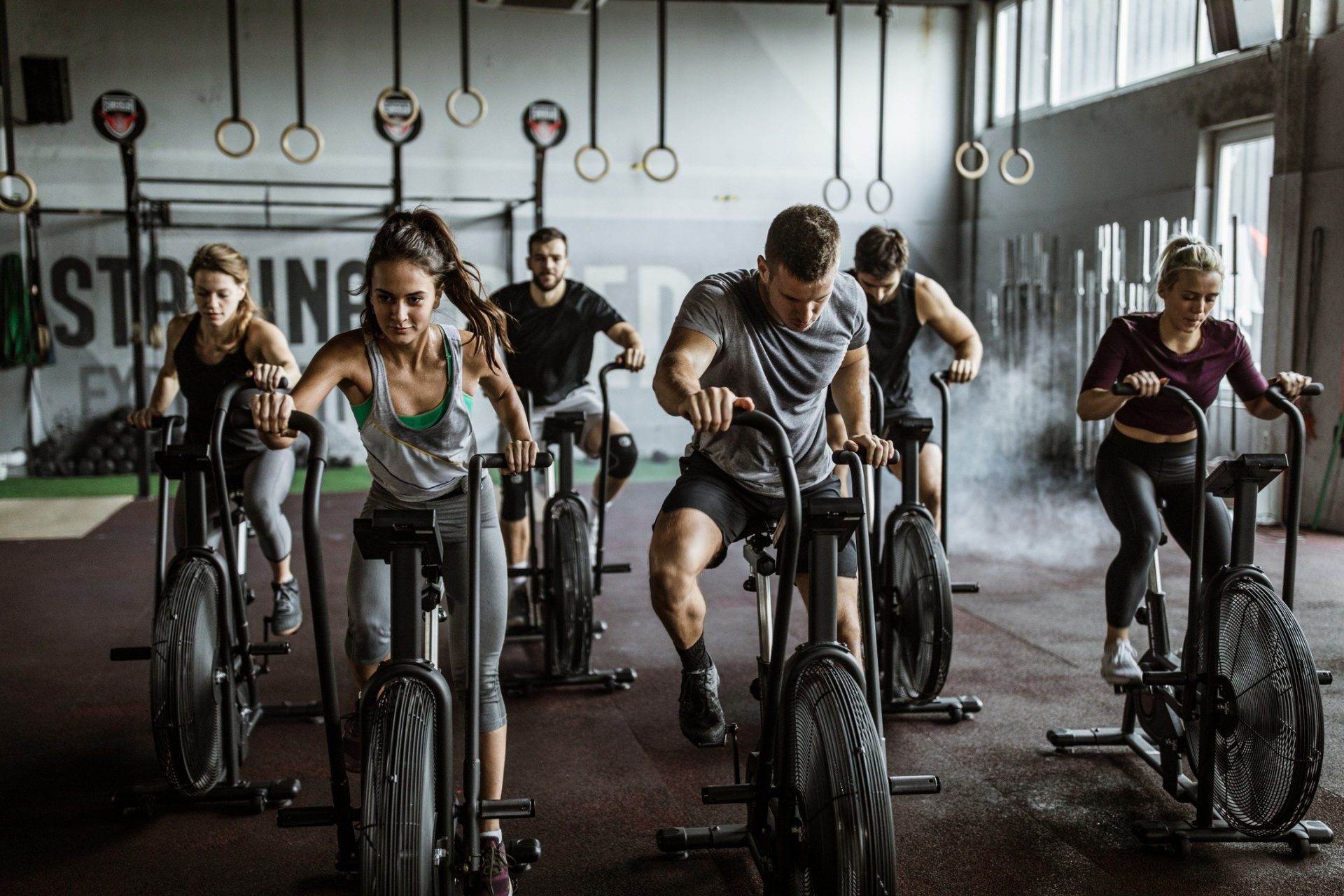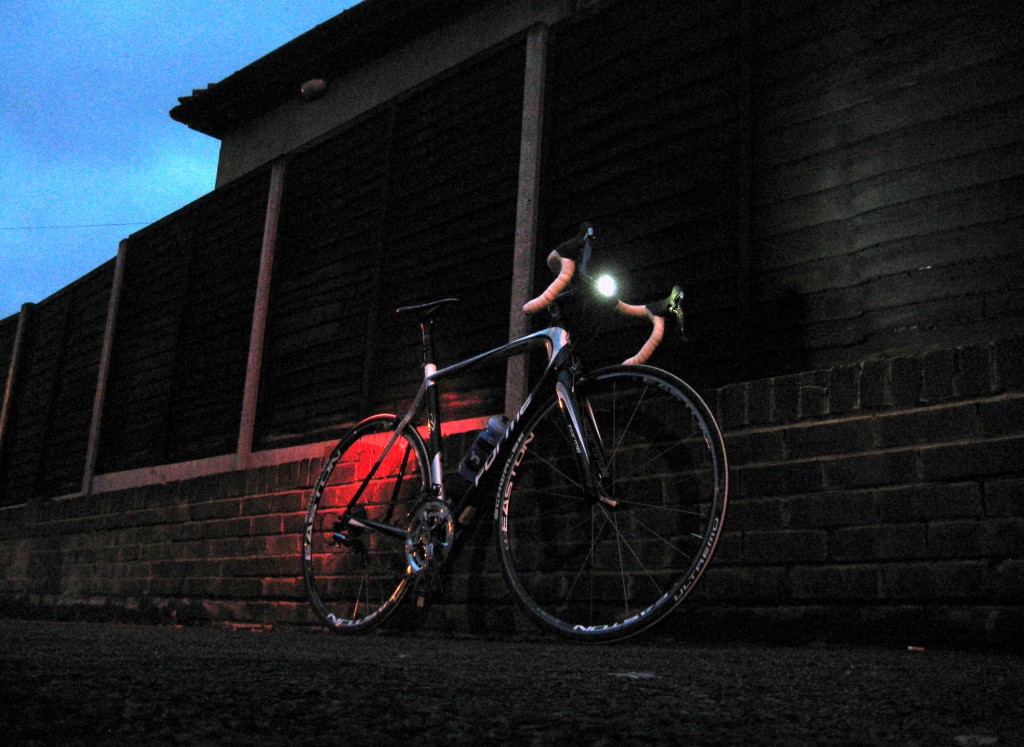Dehydration is a common symptom during exercise. It reduces exercise efficiency and causes other harm to our bodies. Follow us to get an overview of dehydration symptoms and how to treat them.
Hydration
1. What does it mean?
Hydration means the condition of having adequate fluid in the body tissues.
Water makes up two-thirds of our body. We must drink enough fluid to maintain a healthy balance. Many people get dehydrated by not drinking enough fluid or by losing fluids and not replacing them.
2. The importance of staying hydrated
Fluids are crucial for staying healthy and maintaining the function of every system in your body, including your heart, brain and muscles. They carry nutrients to your cells, remove bacteria from your bladder and prevent constipation.
Older adults often do not get enough fluids and are at risk of becoming dehydrated, especially in hot weather and easily sweating. The main reason is that older adults do not feel thirsty as much as when they were younger. Therefore, they need to look for warning signs of dehydration such as weakness, low blood pressure, dizziness, confusion or dark urine.
According to experts, to avoid dehydration, healthy people should drink 30 to 50 ounces of water a day (about 1 to 1.5 liters), but not all at once. Because the kidneys lose some of the ability to get rid of water as we age, it’s important to stay hydrated gradually throughout the day. Experts recommend drinking water or juice and eating water-rich foods like salads, fruits, and apple sauces. We need to hydrate the body from our daily meals.
It is possible to absorb too much water if you have certain health conditions, such as thyroid disease or kidney, liver, or heart problems, or if you are taking medicines that keep you hydrated, such as anti-inflammatory drugs nonsteroidal (NSAID), opiate pain relievers, and some antidepressants. For that reason, you should check with your doctor to make sure you are getting the right amount.
Related: 7 Most Common Running Injuries: Causes and Correctives
Dehydration
1. Who is at risk of dehydration?
Anyone can become dehydrated, but some groups are particularly at risk. These include:
- babies and infants – who have low body weight and are sensitive to even small amounts of fluid loss
- older people – as we mentioned above, they may be less aware that they are becoming dehydrated and need to keep drinking fluids
- people with a long-term health condition – such as diabetes or alcoholism
- athletes – they can lose a large amount of body fluid through sweat when exercising for long periods
Good hydration is important for all age groups and is something for everyone to consider.
2. What are dehydration symptoms?
Signs of dehydration are visible in your urine. Dark and strong-smelling urine is a clear sign that you need to drink more fluids.
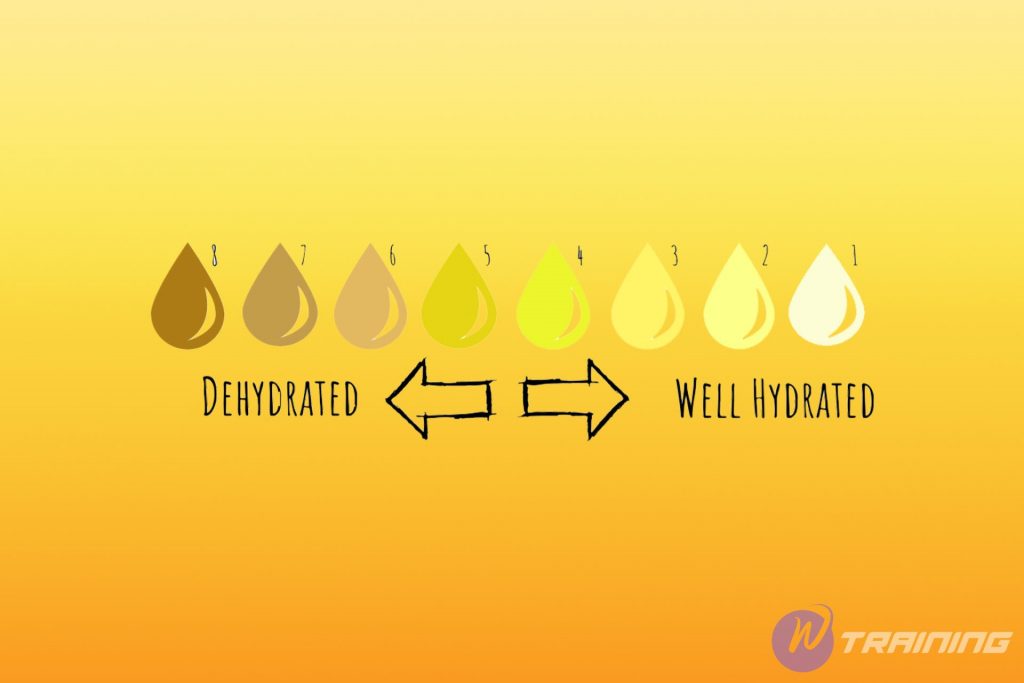
Other symptoms of dehydration include:
- pain when urinating (UTIs)
- dry mouth, lips, or eyes
- thirst
- dizziness
- headaches
- tiredness
- lack of concentration
If dehydration is left untreated, it can become severe. Severe dehydration is a medical emergency and requires immediate medical attention. Symptoms of severe dehydration include:
- feeling unusually tired or confused
- not passing urine for eight hours
- a weak pulse
- a rapid pulse
- fits
- a low level of consciousness
And if severe dehydration is not treated immediately it can lead to complications such as secondary UTI symptoms (e.g E. coli bloodstream infections similar to sepsis) and falls due to dizziness. Severe dehydration can be life-threatening, particularly for older people.
3. Is dehydration while exercising harmful to your health?
Most of us probably know that dehydration can make us tired. But does dehydration make it harder to exercise?
It is said that dehydration impaired your body’s ability to regulate heat, which causes your body temperature and heart rate to rise. This causes you to feel more tired during exercise.
In addition, dehydration also weakens your mental function. This can negatively affect your:
- motor control
- decision making
- concentration
When your body is dehydrated, your stomach also passes food into the small intestine more slowly than normal. This can cause your stomach to hurt.
All of these differences in your body can reduce your performance during exercise.
Stay hydrated while exercising
1. How much do you need?
The amount of fluid you need depends on many things including the weather, how much physical activity you do, and your age, but it is suggested 6-8 glasses of fluid per day. In the case of exercising, you need to drink more fluid. You can get water from nearly all fluid that you drink, apart from stronger alcoholic drinks such as wine and spirits.
2. Does everybody need the same water amount?
Needs vary from one person to the next, but certain population groups may need to pay particular attention to hydration.
- Children need plenty of fluid, despite their smaller body size, and they should be encouraged to drink regularly, especially if they are very active.
- Infants get their fluids from breast or formula milk but will start to get some fluids from food when they move onto solids.
- Older adults may have a weaker sense of thirst and, if necessary, should be helped and encouraged to drink regularly.
3. Which drinks should you choose?
All non-alcoholic beverages can contribute to hydration and some also contain essential vitamins and minerals. However, many drinks, such as sodas and fruit juices are high in sugar and therefore high in calories. These calories contribute to your daily caloric intake just as much as from the food you eat. Therefore, you should consider consuming more sugary drinks as they are linked to the risk of type 2 diabetes and weight gain in children.
Oral care is also very important and your drink consumption, especially if you don’t brush your teeth regularly with fluoride-containing toothpaste. It is also important to note that some drinks are acidic (eg juices and carbonated drinks) and this can cause tooth wear (damage to tooth enamel) if they are consumed regularly.
-
Drinking water
Is a great choice because it delivers fluid without calories or the sugars that can potentially damage teeth.
-
Tea or coffee
Although the caffeine present in tea and coffee can cause you to produce more urine, moderate amounts do not seem to affect hydration.
Pregnant women are advised not to consume more than 200mg of caffeine per day. This equates to about two cups of instant coffee or about two and a half cups of tea.
Other hot beverages like herbal teas, hot chocolate and malt drinks can provide water but these sweetened with sugar will increase their caloric content. Sugar in hot drinks also increases the likelihood of tooth damage without good oral hygiene practices.
-
Milk
Milk contains a lot of essential nutrients like protein, some B vitamins, iodine and calcium, and water sources. However, it can also contain saturated fat. Therefore, the advice given when drinking milk is:
-
- For adults, choose to skim milk (less than 2% fat), 1% or skim milk.
- For children from one to two years old, the recommended milk is whole milk.
- From two years old, skim milk can be used gradually. Cups and 1% skim milk are not suitable for children until they are at least five years old because they have less vitamin A and fewer calories.
-
Fruit juices and smoothies
They provide you with water along with some vitamins and minerals. But fruit juices and smoothies contain sugars (and therefore calories) and can be acidic, so they are potentially harmful. for teeth.
The fruit juice and smoothie should be kept a total of 150ml per day. This is because they do not contain the fiber found in all fruits and vegetables.

-
Sugary drinks, such as fizzy drinks, squashes, juice drinks and flavored waters
They can contain a lot of sugar and generally provide few nutrients – this adds to your calorie intake and the sugar can potentially damage teeth if the drinks are consumed frequently. It’s a good idea to limit or avoid consumption of sugary drinks and swap them for diet, sugar-free or no added sugar versions.
-
Sports drinks
They usually contain some carbohydrates and electrolytes (usually sodium but sometimes others). Supplementing these factors can help the fluid be absorbed into the body faster, replace some of the sodium that might be lost from sweating and provide some energy (calories).
However, these are only really necessary when you are training at a high level, for example in endurance sports where sweat is lost more and you may need more energy.
With a lower level of exercise, water will be able to replace lost fluids and the sodium lost in sweat will be replaced when you eat food. The carbohydrates in the drink add calories, which may be unnecessary and counterproductive if part of the reason for exercise is to control weight. Sugar in sports drinks can also increase the risk of tooth decay.
-
Energy drinks
They can be high in sugars and also contain caffeine and other stimulants. They can contain high levels of caffeine and so are not suitable for children.
-
Alcoholic drinks
They have a diuretic effect: they cause you to lose more water in urine, so drinking alcohol may lead to dehydration. It is important to keep alcohol consumption within the recommended limits (no more than 14 units per week for both men and women). Alcoholic drinks contain calories so it’s important to be aware that these will contribute to your calorie intake, for example, a standard (175ml) glass of 12% wine contains about 126kcal and a pint of 5% lager contains about 215kcal.
-
Food
It may be a surprise to learn that we get on average 20% of our total water intake from food! Some foods have a high water content, especially fruits and vegetables, which are usually more than 80% water. Foods like soups and stews, which have lots of water added during preparation, also are a source of water. So food can provide extra water, on top of the 6-8 glasses of fluid you should drink a day.
A full guide to treat dehydration symptoms
Both doctors agree, your best defense against dehydration is prevention. Follow these six tips to stay safe and healthy, especially when temperatures – or your activity levels – increase:
1. Don’t wait till you’re thirsty to drink
By the time you feel thirsty, you’re already slightly dehydrated. Sip water steadily throughout the day and drink more fluids than usual when the weather is hot, especially if you’re active.
2. Flavor your water
If plain water tastes boring to you, you can add flavor with fresh fruits or a splash of fruit juice. You can also consume clear broths, ice pops or sports drinks (especially if you’re doing intense exercise). Just make sure to limit caffeine and alcohol.
3. Eat water-rich fruits and vegetables
Certain fruits and vegetables contain plenty of water in addition to healthful nutrients. Watermelon, strawberries, cantaloupe, peaches and pineapples are fruits with high-water content. Water-rich vegetables include cucumbers, leafy greens, radishes, celery, zucchini and tomatoes.
4. Stay inside when it gets too hot
On very hot days, stay indoors in an air-conditioned environment. If you don’t have air conditioning at home, try a shopping center, movie theater or public library. Avoid sun exposure, especially between 10 am and 2 pm when the rays are strongest. Plan outdoor activities in the early morning or evening.
5. Dress for the weather
Wear light, loose-fitting clothing that lets your skin breathe. Dark colors absorb heat, so stick with lighter shades. Wear a wide-brimmed hat in the sun to keep your head cool and use plenty of sunscreens to avoid sunburn, which can increase your skin temperature and make it harder to stay cool.
6. Be aware of dehydration symptoms
If anyone in your family is ill, pay attention to how much they’re able to drink – especially young children and the elderly. Anyone with a fever, vomiting or diarrhea should drink plenty of fluids. Do not wait for signs of dehydration to appear.
To sum up, remember to retain water in your body during practice. Take notice of the dehydration symptoms while exercising and keep your body healthy anyway. Hope our article is useful to you. Visit WellTraining regularly to update more good health tips!
Read more:
Running Pace Calculator: Incredible Tips For Beginners
Is Running Everyday Good For Your Heart?
